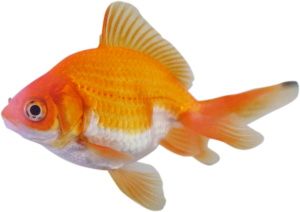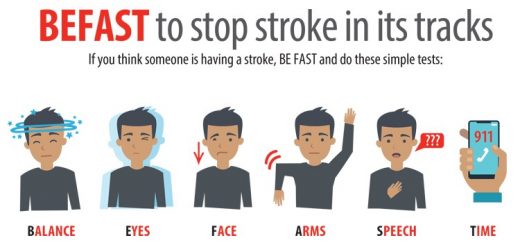What does FISH SHAPED stand for in first aid?
If you’ve ever been on a first aid course the chances are you’ve been taught the first aid mnemonic FISH SHAPED. Its a  slightly strange mnemonic but a very popular one amongst first aid trainers and instructors!
slightly strange mnemonic but a very popular one amongst first aid trainers and instructors!
So what does FISH SHAPED stand for? And when is it used?
FISH SHAPED is a mnemonic used to remember the commons reasons for a patient becoming unconscious. The list is not exhaustive, but it covers a number of common first aid emergencies.
> Fainting
> Infantile convulsions
> Shock
> Head Injury
> Stroke
> Heart Attack
> Asphyxia
> Poisons
> Epilepsy
> Diabetes
Lets look at these conditions in a bit more detail
Fainting
This occurs when the blood supply to the brain is temporarily interrupted. The brain becomes starved of oxygen and nutrients causing us to loose consciousness briefly. You can learn more in our first aid blog post about fainting.
Infantile convulsions
Sometimes known as febrile seizures, these occur when a child’s body temperature rises resulting in them having a brief seizure. Febrile seizures are covered in more detail in our pediatric online first aid course.
Shock
Shock is a medical emergency often caused by severe blood loss. The tissues and cells in the body become starved of oxygen and nutrients.
Head injury
A head injury can cause a patient to become unconscious. Even a minor head injury has the potential to result in a brief loss of consciousness.
Stroke
A stroke occurs due to a problem with the blood supply in the brain. Not all strokes result in a reduced level of consciousness, although it can happen. You can learn more in a first aid guide to strokes.
Heart attack
A heart attack is when a blood vessel in the heart becomes blocked resulting in the death of heart muscle. Learn more in our first aid guide to heart attacks.
Asphyxia
Asphyxia results in a global lack of oxygen. This could be for many reasons including choking or drowning. A lack of oxygen will quickly result in unconsciousness.
Poisons
Ingesting a poison can be a common cause of unconsciousness. Our first aid guide to poisoning covers the key emergency treatment.
Epilepsy
Epilepsy is a common medical condition which causes repeated seizures (or fits). Learn more in our first aid guide to seizures.
Diabetes
Too low or too high blood sugar can easily cause a reduced level of consciousness. Diabetes is a very common medical condition so this is an important cause of unconsciousness to know about.
Want to learn more about first aid? Have a go at one of our free online first aid courses.






FISH SHAPED….way to remember several conditions